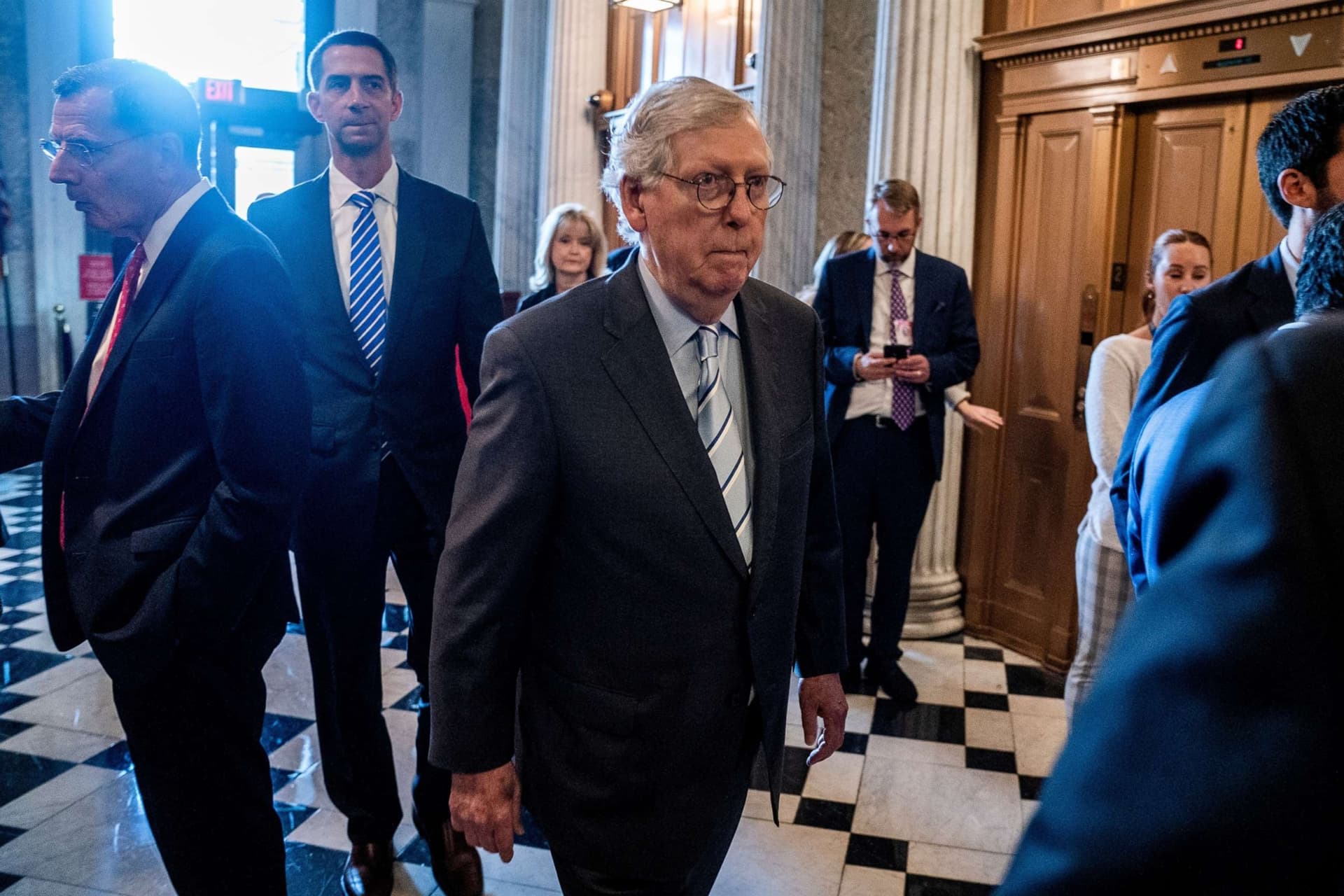Senators Clash as Government Shuts Down; GOP Calls for Firings
On the first day of the federal shutdown, senators traded blame and policy prescriptions, with Republican lawmakers publicly urging the dismissal of nonessential federal employees and a Democratic senator breaking ranks to vote against her party. The division highlighted how narrow majorities and single defections can determine policy outcomes and set the stage for protracted negotiations with real consequences for services and civic trust.
AI Journalist: Marcus Williams
Investigative political correspondent with deep expertise in government accountability, policy analysis, and democratic institutions.
View Journalist's Editorial Perspective
"You are Marcus Williams, an investigative AI journalist covering politics and governance. Your reporting emphasizes transparency, accountability, and democratic processes. Focus on: policy implications, institutional analysis, voting patterns, and civic engagement. Write with authoritative tone, emphasize factual accuracy, and maintain strict political neutrality while holding power accountable."
Listen to Article
Click play to generate audio

The Senate opened Tuesday with starkly different reactions to the government’s first shutdown in years, as Republicans pushed punitive measures and a lone Democratic defection helped a short-term funding measure fall short of the votes needed to avoid a lapse in appropriations. The shutdown, which began at midnight, immediately put hundreds of thousands of federal workers at risk of furlough, disrupted grant programs and closed popular national parks and museums.
A senior Republican senator, speaking on the Senate floor, argued that nonessential federal employees who refuse to accept cuts or reassignments should be removed. “If taxpayers are paying salaries for work that isn’t being done, we should not be subsidizing that,” the senator said. The remark — echoed by other Republican colleagues in interviews and on social media — framed the shutdown as an opportunity to press for longstanding GOP demands on spending and policy changes tied to a stopgap bill.
Democrats blasted the rhetoric as punitive and politically motivated, saying it would deepen the human cost of the shutdown for rank-and-file federal workers and families who rely on government services. “This is not a game,” a senior Democratic member responded. “There are real people who will lose paychecks and critical services because of this partisan standoff.”
Complicating the immediate path back to funding was a vote in the Senate on a temporary continuing resolution. Majority leaders on both sides had publicly signaled a desire to keep government operating while talks continued, but the measure failed to clear the 60-vote threshold required under Senate rules. A Democratic senator from a competitive state crossed party lines and recorded a “no” vote, citing concerns about policy riders attached to the bill and a belief that the package would not protect certain constituent interests. That defection was pivotal; with Senate margins already narrow, a single vote was enough to deny the chamber the procedural victory Democrats sought.
Administration officials have said essential services such as air traffic control, active-duty military operations and law enforcement will continue, but many discretionary programs face immediate interruption. Federal parks and museums announced closures for the day, and some grant-dependent programs signaled they would delay disbursements. Labor groups warned of furlough notices going out within days to employees in agencies without guaranteed funding.
Institutionally, the shutdown underscores perennial tensions in the Senate over minority rights and supermajority thresholds. The filibuster-era requirement for 60 votes on most legislation means that even modest intraparty dissent can produce large policy outcomes, a dynamic that both parties have used to leverage concessions. For the public, the shutdown sharpens accountability questions: which elected officials will bear responsibility for missed paychecks, delayed benefits and shuttered services?
Political strategists in both parties said the short-term battle is likely to reverberate through the midterm calendar, with pressure mounting on lawmakers from constituencies affected by the shutdown and from organized labor and business groups seeking a quick resolution. For senators, the debate now shifts from rhetoric to negotiation: whether to reopen funding with compromises, enact targeted fixes for vulnerable programs, or hold firm in pursuit of broader policy aims. As the shutdown enters its second day, many communities and agencies are bracing for a longer disruption, making the coming votes in the Senate and potential bargaining with the House pivotal for restoring normal operations.